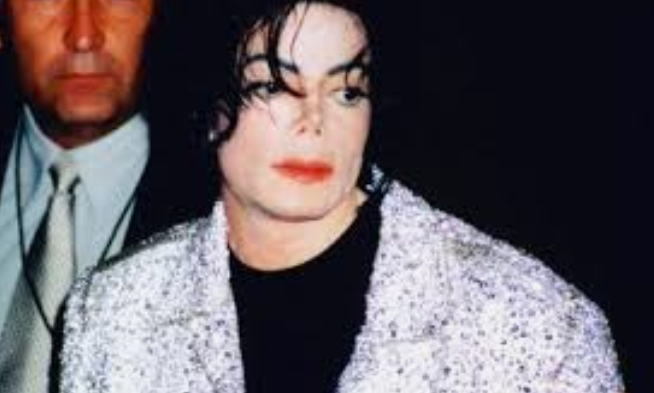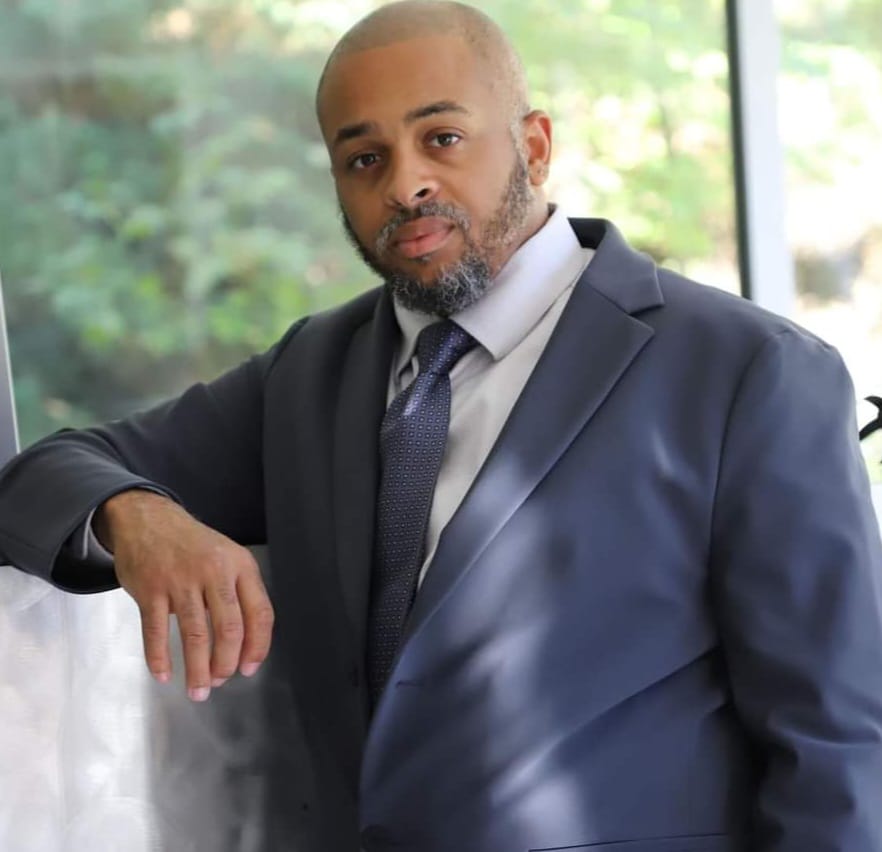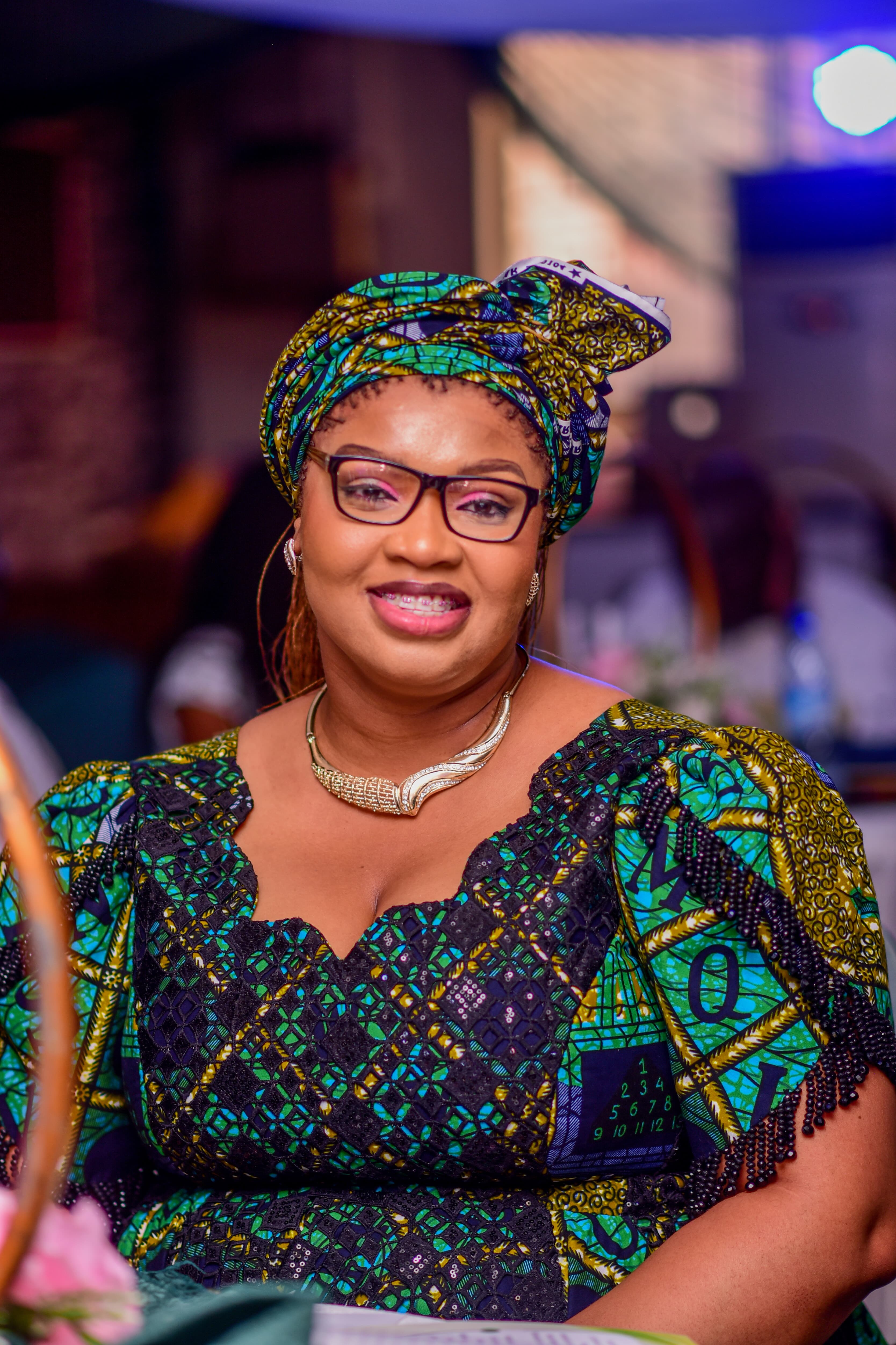By Eric Elezuo
In furtherance of her activities geared towards affecting lives of the indigents, with special emphasis on widows, the Spring of Joy for Widows Foundation has once again spread its wings of kindness and passion to the widows of Nigeria. This was a follow-up to its earlier reach out conducted in May 2024 where over 250 widows were presented with food items in an event tagged Food Pantry and Medical Checkup for Widows.
In August 2024, the Founder of the Foundation, Mrs Anastasia Daniel, in company of her husband, arrived Nigeria from their base in the United States of America, and stormed some nooks and crannies of the nation with bags of smiles and hope for widows following a well attended launch of the Foundation in Surulere, Lagos.

It would be recalled that earlier in the year, at a well organized event held at the Redeemed Christian Church of God (RCCG), Christ Disciples Parish, Surulere, Lagos, which the Resident Pastor, Richard Umoren, graciously gave out, the Foundation released diverse and assorted food items to deserving widows, as well as conducted free medical checkups to ascertain the state of the health of the widows, using the best of medical personnels, drawn from the Christian Medical and Dental Association, Lagos University Teaching Hospital (LUTH) chapter.

Kickstarting the avalanche of humanitarian efforts, Mrs Daniel and her team of Spring of Joy for Widows Foundation caregivers embarked on several impactful events to support widows in different parts of Nigeria, thereby furthering its mission of empowerment and care.
At a Food Pantry Event held at Ilogbo, Ogun State, the foundation conducted a food distribution event, where 133 widows were empowered.
According to Mrs Daniel, who consistently told her story of growing up with her widowed mother, each widow received essential food items, including rice, beans, garri, noodles and bags of sachet water.
“This initiative was aimed at addressing the immediate food needs of the widows and providing them with a sense of relief and support during these challenging times,” Mrs. Daniel said.

At the official launch of the Foundation, which was juxtaposed with a Fundraising ceremony in Surulere, Lagos, with about 100 guests in attendance, Mrs. Daniel assured stakeholders and guests of her Foundation’s readiness to spread good tidings to as many Nigerians in need as possible, maintaining that the day was specially designed to raise awareness about the foundation’s cause and generate financial support for its ongoing and future initiatives.
The event drew together notable television personalities, founders of other organizations, and influential individuals, giving it a high-profile status.

As a followup to the Launch, the Foundation undertook a Food Pantry Event at the Assemblies of God Church, Coker Orile, Lagos, where a remarkable 310 widows received free food items, ranging from rice, beans, garri, spaghetti, to bags of sachet water. Each widow present at the event received a generous helping of all the items. This event further extended the foundation’s reach, ensuring that more widows received the support they needed.
ABOUT SPRING OF JOY FOR WIDOWS FOUNDATION
The Spring of Joy for Widows Foundation is a non-profit organization established to empower and uplift widows by providing them with basic necessities, emotional support, and opportunities for a better future.
Through these empowerment events, the foundation aims to ease the burden of widowhood, provide food security, and foster a sense of community and belonging among widows.
According to the Founder, “Each initiative is a step towards achieving a long-term empowerment opportunity for widows, ensuring they have the resources and support to lead dignified lives.”
The Foundation is an NGO committed to making a profound difference in the lives of widows, addressing their unique challenges, and ensuring they lead lives of dignity, independence, and purpose.
It is further rooted in a deep sense of compassion, equality, and social justice, with the goal of creating a world where widows are not marginalized, but celebrated for their resilience and strength.

Mrs Daniel, a Nigerian citizen of Enugu extraction, is an embodiment of compassion, who has taken it upon herself to contribute to the upliftment of the indigent, using the widows as a starting point.
She strongly believe that the fact that a woman has lost has husband, does not mean that she has lost her purpose, self-will and destiny goal, maintaining that “Every widow is still destined for greatness no matter the circumstances.”

 News6 years ago
News6 years ago
 Featured7 years ago
Featured7 years ago
 Boss Picks6 years ago
Boss Picks6 years ago
 Headline6 years ago
Headline6 years ago
 Headline6 years ago
Headline6 years ago
 Headline6 years ago
Headline6 years ago
 Headline6 years ago
Headline6 years ago
 Headline6 years ago
Headline6 years ago


















